As Pranab Mukherjee passed away into the ages, we remember the man, the politician, the Rashtrapati.
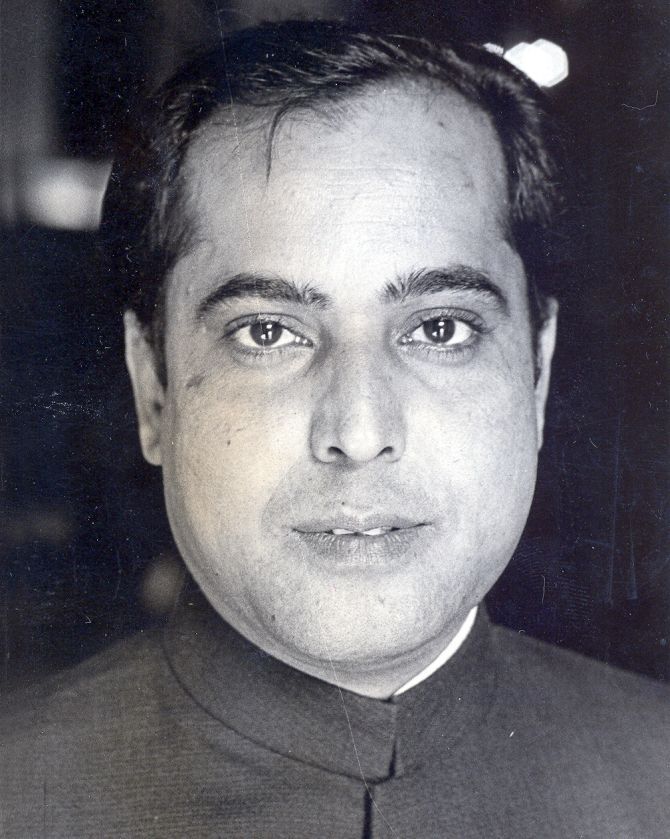
The former president was called Poltu by his father and elder sister Annapurna Devi. The story that goes that as a boy in Class 3 or maybe 4, Poltu, on rainy mornings, would bundle his clothes in paper, tuck them under an arm and march off to school bare feet through the fields of his village in Bengal. 'It was perhaps because the schoolboy's mannerisms resembled that of a marching platoon (polton in Bengali), that one of India's most respected politicians acquired his childhood nickname.

He began his career as a clerk in the deputy accountant general's office in Calcutta.
He has also worked as a teacher in a Birbhum college and as a journalist for Desher Dak, a Bengali publication.

The quintessential Bengali, Pranabda's favourite meal is fish curry. Not one for eating out, he eats fish curry almost every day, except Tuesdays.
He is also known to be exceptionally fond of posto or poppy seeds that are ground and cooked with vegetables.

According to his daughter Sharmishta, he worked for almost 18 hours a day and hardly took any leave, except for his visit to Mirati, his hometown, during Durga Puja.

After his appointment as president, he rejected 31 mercy petitions including that of Afzal Guru and Ajmal Kasab.
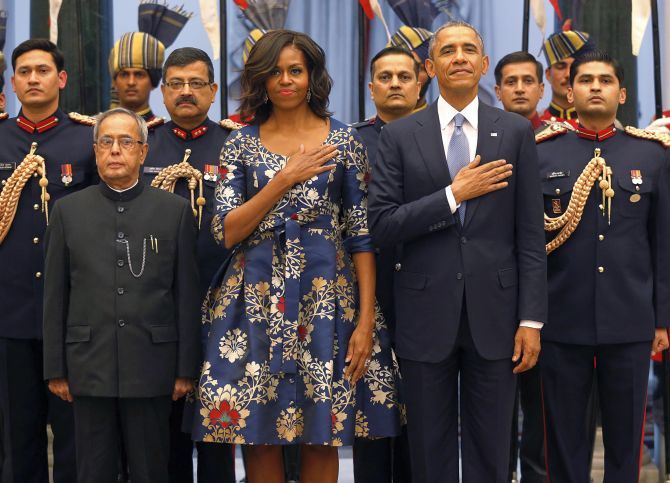
The President -- who has reportedly the most prodigious memory in Indian politics -- made history when he taught school children about the nation's political history on the occasion of Teacher's Day, September 5 in 2016.
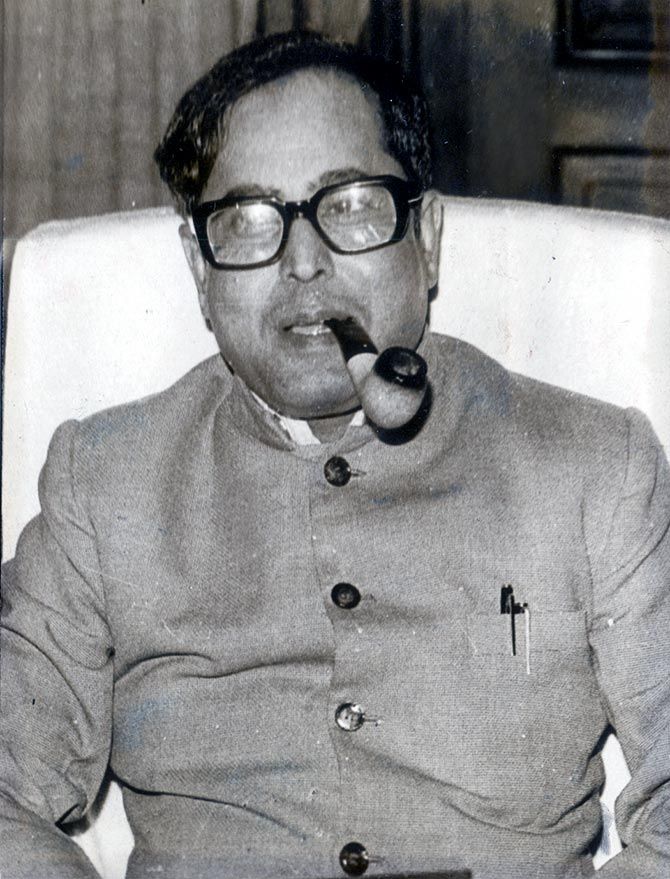
After he was asked to quit smoking for health reasons, he would keep the pipe in his mouth, without any nicotine, and chew its stem, just to get the feel of it, remembers veteran Bengali journalist Jayanta Ghoshal who has known Mukherjee since 1985.
Mukherjee, who owns over 500 pipes gifted to him by different dignitaries, has donated the collection to the Rashtrapati Bhavan Museum.

In his memoir The Turbulent Years 1980-1996, Mukherjee wrote, 'In much of the post-Emergency period, Sanjay Gandhi has been characterised as a villain, devoid of any good qualities.'
'This animosity and venom against him was to a large extent the result of the euphoria surrounding the Janata Party's creation, a wave of anti-Mrs Gandhi and the divisions in the Congress.'
'Every human being is a mixture of good and bad. However, no one can fault the intentions of guiding Sanjay's decisions whether these pertained to population control, tackling illiteracy or afforestation.'
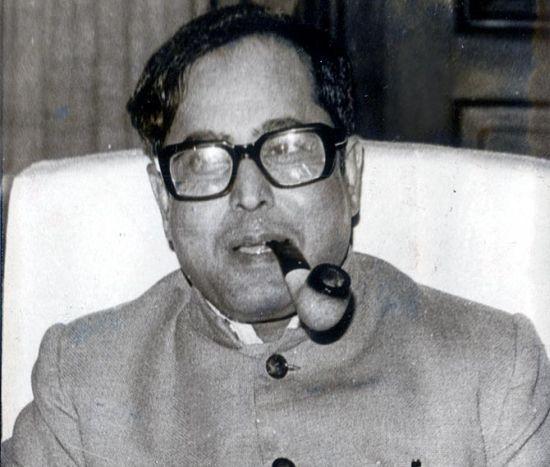








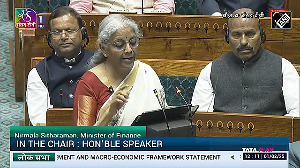


 © 2025
© 2025